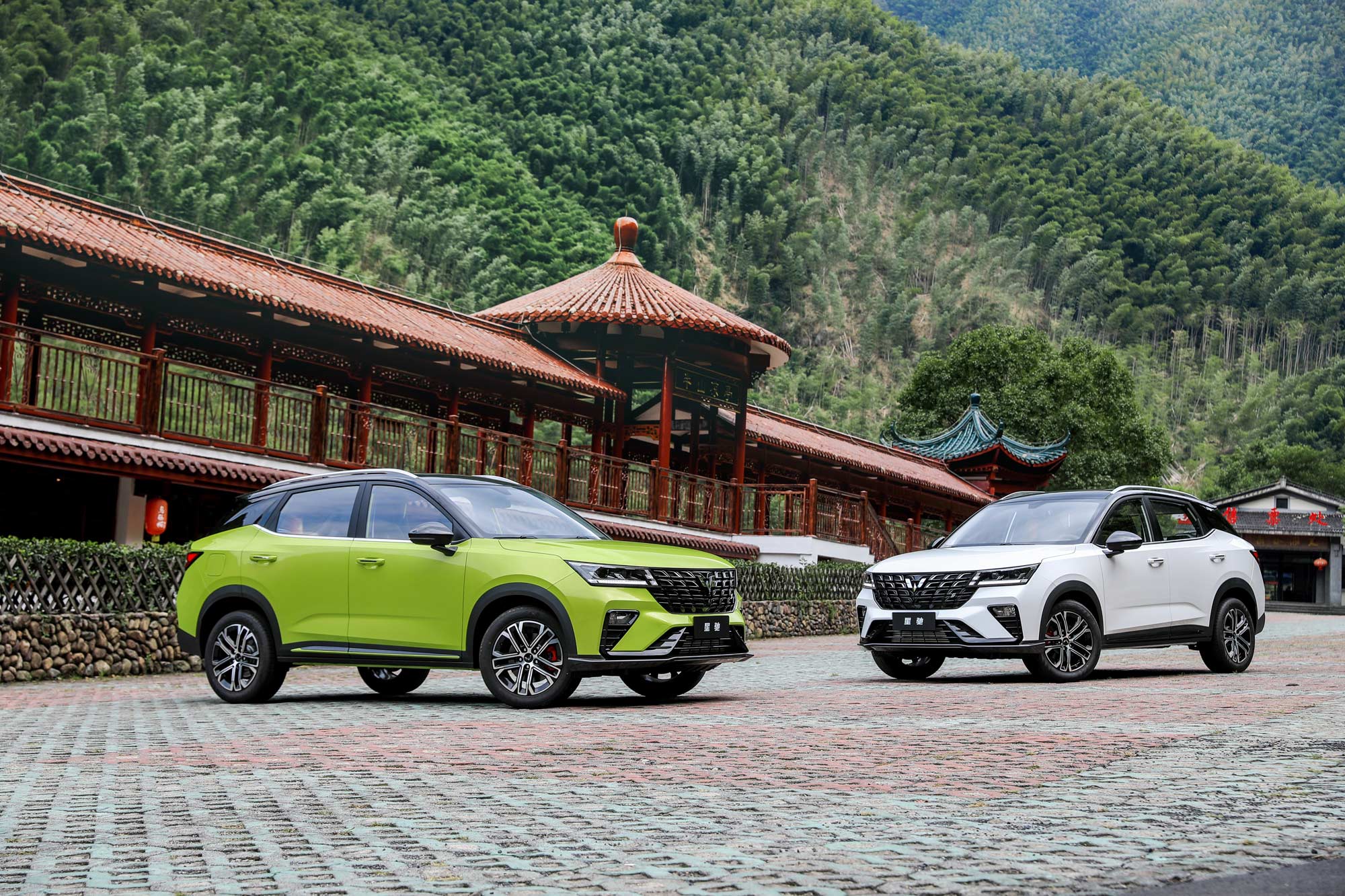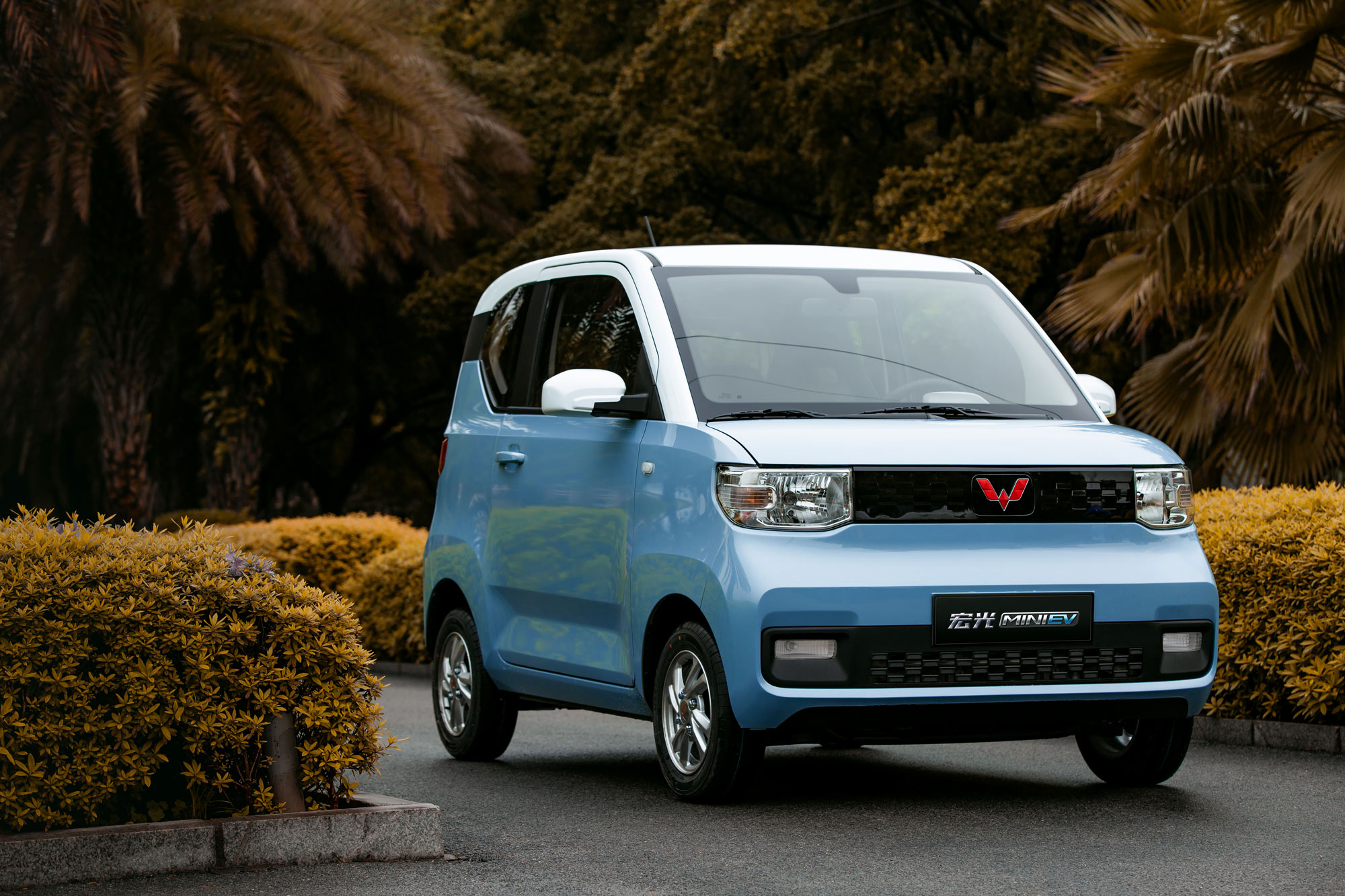What Is a New-Energy Vehicle?
China, the world's largest EV market, uses the term to describe its plug-in electric vehicles, which could soon cruise U.S. streets.
 Wuling
Wuling
QuickTakes:
When it comes to the adoption of electric vehicles, China is in a class of its own. According to MIT Technology Review, the People's Republic has been the world's largest market for EVs for the past eight years, with 6.8 million electric vehicles sold in 2022 alone. For comparison, the U.S. sold just over 800,000 EVs in 2022.
To achieve its ambitious transition away from the internal-combustion engine, China has buttressed the EV industry by offering generous subsidies to manufacturers and buyers and by researching cheaper, safer lithium battery technology. Initially, China offered incentives for conventional hybrids, too, but for the past decade it has focused its investments solely on what it calls new-energy vehicles.
 Wuling
Wuling
New-Energy Vehicles Are Fully or Mostly Powered by Electricity
The Chinese government began using the term new-energy vehicle in 2009 to denote all plug-in electric vehicles, grouping them together as a way to raise awareness of vehicles powered either fully or predominantly by electricity.
New-energy vehicles encompass plug-in hybrids, full-battery electric vehicles, and fuel-cell electric vehicles. The Toyota Mirai and Hyundai Nexo are hydrogen fuel-cell cars sold in the United States — but only in California. While these vehicles fall under the new-energy vehicle umbrella, they are not yet a significant part of China's fleet.
China's New Energy-Vehicle Market Has Exploded
China officially launched its push to electrify its automotive industry in 2012 when it unveiled its first new-energy vehicle development plan. Recognizing that it could not keep pace with other global brands in the production of internal-combustion vehicles and traditional hybrids, China poured massive investment into domestic new-energy vehicle production and adoption.
While Tesla, the world's largest EV company, has played a big part in China's rapid adoption of new-energy vehicles, the country's domestic industry has also exploded over the past decade, to the point where native brands now dominate the market. As of 2021, according to the International Council on Clean Transportation, Chinese brands such as Byd, Nio, Wuling, Xpeng, and Zeekr accounted for more than 70% of EVs sold in China. Eight of the 10 bestselling brands were Chinese.
Chinese Manufacturers Are Producing a Wide Range of Models
China's new-energy vehicle production has reached a point where manufacturers are now setting their sights on the export market, aiming to sell vehicles in both Europe and the U.S.
The most popular and promising non-Tesla models being sold in China include the Byd Han, the Chinese automaker's flagship luxury electric sedan. It's seen as a rival to Tesla's Model S. The Li Xiang One is a plug-in hybrid luxury midsize crossover. The Nio ET5 sedan claims a whopping 600-plus miles of range. The Wuling Hong Guang Mini EV is a small, popular city car available as either a hatchback or convertible.
All vehicle pricing includes MSRP plus destination charges (set at the time of publication) and will be rounded to the nearest thousand.



